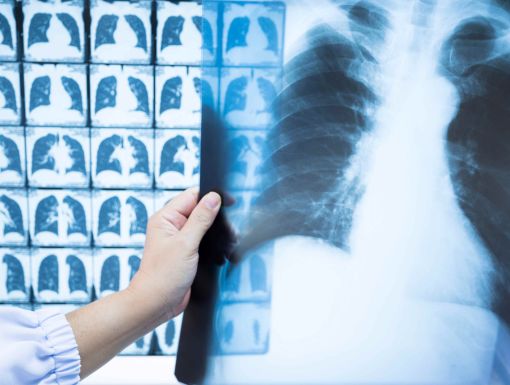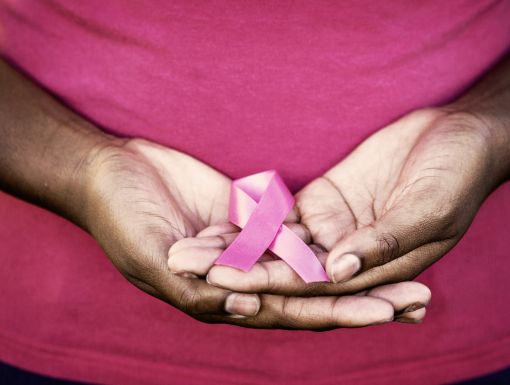
What Caused My Cancer? Lifestyle, Genes or Just Bad Luck?
A common question from cancer patients is, “How did I get this disease?”
Many wonder, "Could it have been prevented? Was it pre-determined in my family history? Or was it just plain bad luck?"
As an oncologist, we can sometimes answer these questions. But in many instances, we just don’t know. What we can tell you is that statistically:
- 20% of all cancers are tobacco-related
- 90% of lung cancers are tobacco-related
- Lung cancer accounts for 25% of all cancers
- Recent research indicates smoking can leave a “footprint” in your genes even 30 years later
So, the reality is the simple lifestyle choice of smoking affects a significant portion of cancers in the United States.
Link between cancer and obesity
Another major contributing lifestyle factor is obesity and lack of exercise. Affecting about 20% of all cancer, obesity is commonly associated with breast, prostate and kidney cancers.
How does obesity relate to an elevated risk of cancer? Fat tissue produces excess amounts of estrogen, which has been linked to increased instances of breast and ovarian cancer. Additionally, obesity is often associated with chronic low-level inflammation which can damage DNA cells over time and lead to cancer.
Reports currently link Louisiana with some of the highest rates of obesity in the country. One in 4 Louisiana adults is considered obese, and our state ranks in the top 10 U.S. states for both adult and childhood obesity. This correlates to the fact that we traditionally have high cancer rates as well. Perhaps equally as illuminating, studies are showing that even moderate exercise can help protect against approximately 13 different cancers.
Cancer and family history
Even though about half of all cancers can be lifestyle-related, your genes or family history play a significant role as well. If you have a family history of a certain type of cancer, it is extremely important for you to discuss that with your physician for the appropriate screening guidelines, as you may be at higher risk. The cancers most notably associated with genes are:
Was my cancer just back luck?
Unfortunately, this answer is quite possibly but we just don’t always know. Some cancers form with no family history and in people who don’t smoke, eat right and exercise.
That’s why Ochsner participates in important clinical trials so that we can learn more about how these diseases develop and how we can treat them.
Can you prevent cancer?
There's no sure way to prevent cancer, but there are some steps you can take to reduce your cancer risk.
The HPV vaccine could prevent more than 90% of cancers caused by the Human Papillomavirus, according to the CDC. The vaccine is universally recommended for teens and young adults because it has been found to reduce future cancers. The vaccine can be given starting at age 9, though it is not recommended for people over 26.
HPV has been linked to more than 90% of cervical and anal cancers and 70% of oropharyngeal cancers. HPV infection can also lead to throat cancer, vaginal and vulvar cancers in woman and penile cancer in men.
If you are at high risk for lung cancer, you should discuss you should discuss whether you are a candidate for a CT scan with your doctor. A CT scan has a greater chance of displaying lung tumors than routine chest x-rays and can show the size, shape and position of any lung tumors. CT scans can also help find enlarged lymph nodes that might contain cancer that has spread.
MD Anderson Cancer Center recommends annual lung cancer screenings for people are between 50 and 80, a current smoker or former smoker who has quit in the past 15 years and has a 20 pack-year smoking history. This means you smoked one pack a day for 20 years or two packs a day for 10 years.
It’s also important for women 40 and older to get years mammograms, which can help detect breast cancer.
Routine screenings can find cancer early, in its most treatable stages, which can help save lives.
By knowing that at least half of all cancers are lifestyle-related, including smoking, obesity and lack of exercise, you can significantly reduce your cancer risk by taking care of yourself. Couple this with being aware of your family history and following your personal screening guidelines and you can detect your cancer very early, oftentimes making it much more treatable.
Early detection can save your life. Learn more about lifesaving cancer screenings at ochsner.org/services/cancer-care/cancer-screenings



